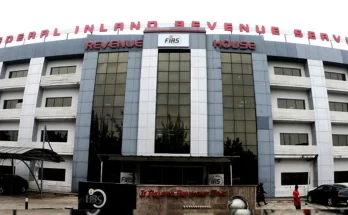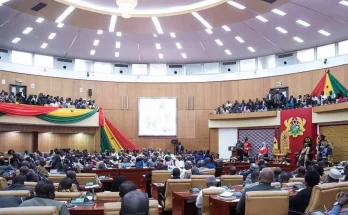The series of tax holidays is conceived by the federal government to grow the local manufacturing industry
Nigeria’s President, Muhammadu Buhari reopens talks on tax holidays in Nigeria as he proposes several tax incentives to entice foreign investors and increase private capital inflows into the country.
He implored them to take advantage of Nigeria’s fiscal investment incentives which include three to five years of tax holidays for enterprises for pioneer industries; tax-free operations and no restrictions on expatriate quotas in Nigeria’s free trade zones; capital allowances for agriculture, manufacturing, and engineering; and a value-added tax (VAT) regime of 5%, among others.
While speaking at a meeting with the Business Council for International Understanding (BCIU) at the Nigeria International Economic Partnership Forum, recently held on the margins of the 77th UN General Assembly in New York, the president defined the United States as Nigeria’s major trading partner and one of its most important diplomatic partners, emphasizing the need for concerted efforts to increase the volume of bilateral trade.
class="wp-block-heading">Tax Holiday in Nigeria: More on the President’s Move
President Buhari revealed at the meeting that in 2020, Nigeria exported over $1.69 billion worth of goods to the US, adding that these exports were largely made up of crude oil and other petroleum products.
He mentioned that since signing the African Continental Free Trade Agreement, Nigeria has solidified its position as a gateway to an integrated continental market, comprising 1.3 billion consumers with an aggregate GDP of $3.4trillion.
He said his administration was focused on developing Nigeria’s manufacturing sector, which is why it has formulated seventeen operational special economic zones with four more presently under construction.
According to him, Fourteen out of them are general economic zones that aid export processing, large-scale manufacturing, warehousing, logistic services, tourism, food processing and packaging as well as technology development; while the remaining three are assigned to oil & gas-related activities.
He said that, since the country is largely gifted with natural resources, a technological partnership is required to turn this natural endowment into high-value goods.
The government has also started building three automotive industrial parks that promote the local assembly of vehicles for the Pan-African market.
He noted that the country’s gifts are not just limited to the oil and gas industry, but a combination of other sectors that has significant potential.
He continued that Nigeria has the vastest economy in Africa with over 200 million-strong consumer market that offers a range of desirable opportunities in sectors such as agriculture, healthcare, light manufacturing, infrastructure development, and technology.
The president mentioned the country’s willingness to solidify its partnership with BCIU and promised his government’s unwavering dedication to maintaining an encouraging business environment that is hospitable to foreign investors .
He said the best way to ensure Nigeria’s success is to enter into collaborations with trusted local and foreign partners who have well-established networks and a good knowledge of the country’s dynamics.



